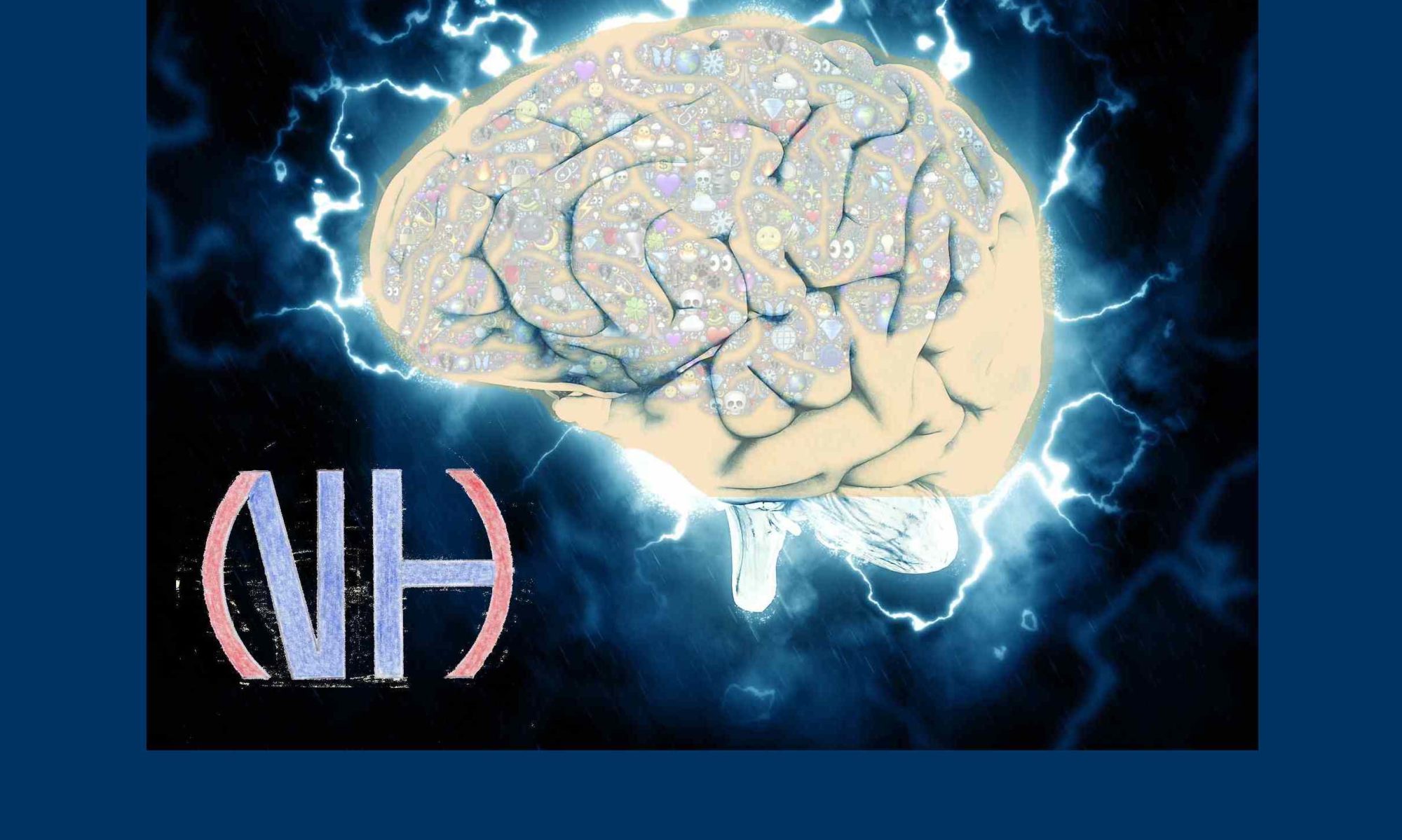
The human body naturally forms a protein called alpha-synuclein which is found, among other places, in the brain in the endings of nerve cells. However, misfolded forms of this protein that clump together are linked to damage to nerve cells, a deterioration of the dopamine system and the development of problems with movement and speech – hallmarks of Parkinson’s disease.
The latest findings, which are based on studies in mice, back up a long-held theory that abnormally folded alpha-synuclein may start off in the gut and then spread to the brain via the vagus nerve – a bundle of fibres that starts in the brainstem and transports signals to and from many of the body’s organs, including the gut.
Full article on the Guardian
